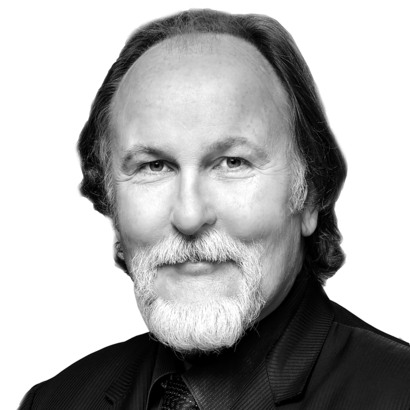For the counterculture of the 1960s, the decade ended with a series of disasters: Altamont, the Tate murders, Kent State, the deaths of Janis Joplin, Jimi Hendrix, and Jim Morrison, the breakup of the Beatles. All the Vietnam protests had accomplished was switching out Johnson for Nixon. Weathermen bombings had replaced nonviolent resistance. No wonder great numbers of long-haired youth wanted to withdraw from confrontation and mellow out. The hippies began evacuating the cities for the countryside. The ambition to change society was swapped for the goal of changing one’s own head.
On the minivan radio, the acid rock of the late 60s gave way to introspective singer-songwriters. Crosby, Stills & Nash, Cat Stevens, and Leonard Cohen were musicians who took their art seriously, lamenting the demands of what Joni Mitchell called “the star-maker machinery.” Mitchell, James Taylor, and Neil Young all struggled to reconcile the purity of their musical expression with the requirements of the marketplace. Taylor sang, “Hey, Mister, That’s Me up on the Jukebox.” Mitchell sang, “In some office sits a poet / and he trembles as he sings / and he asks some guy / to circulate his soul around.” These young talents set out to be artists only to find themselves working in … show business.


